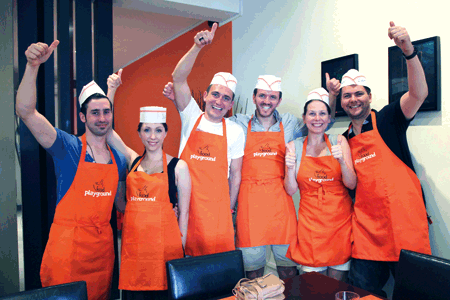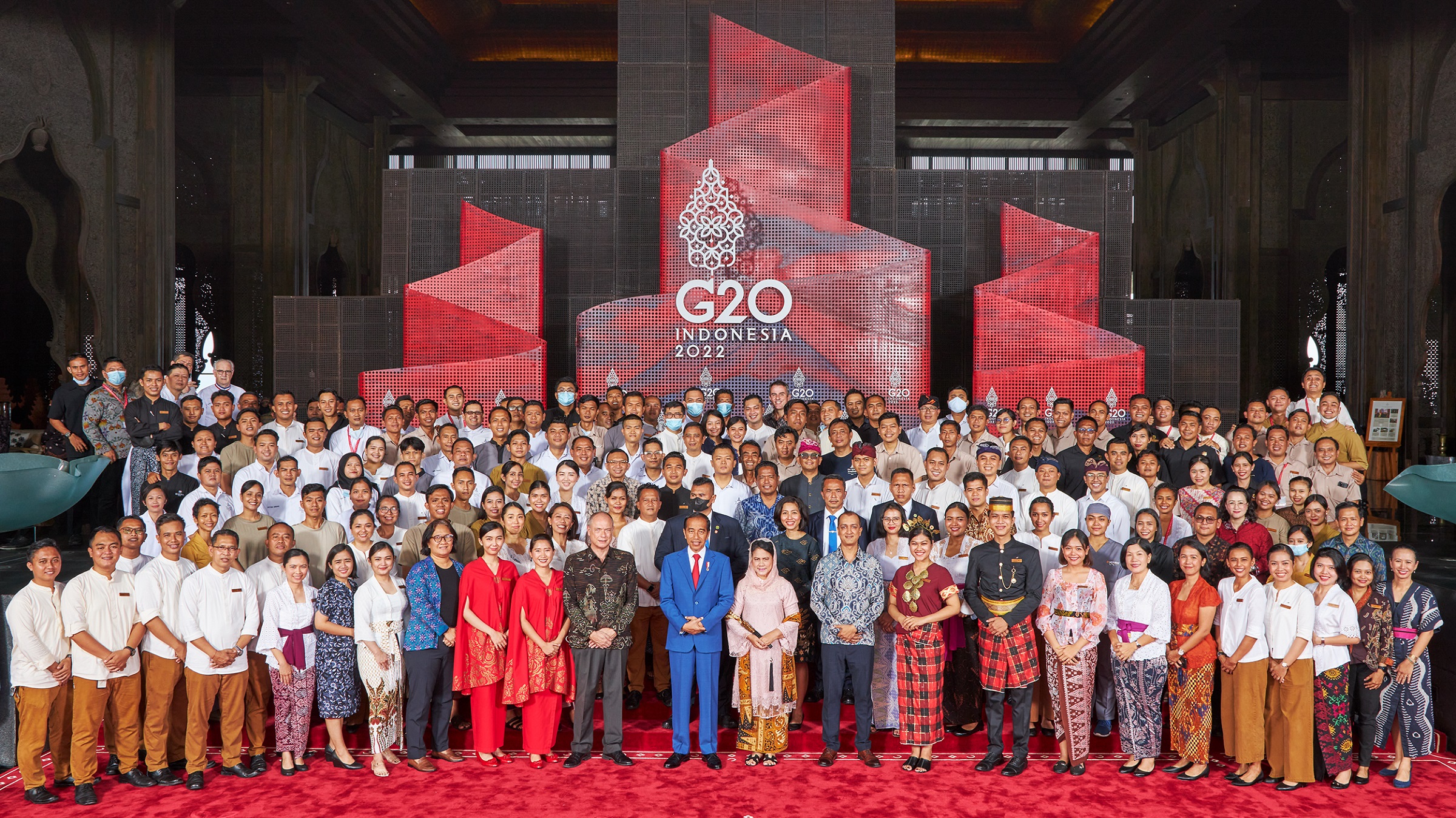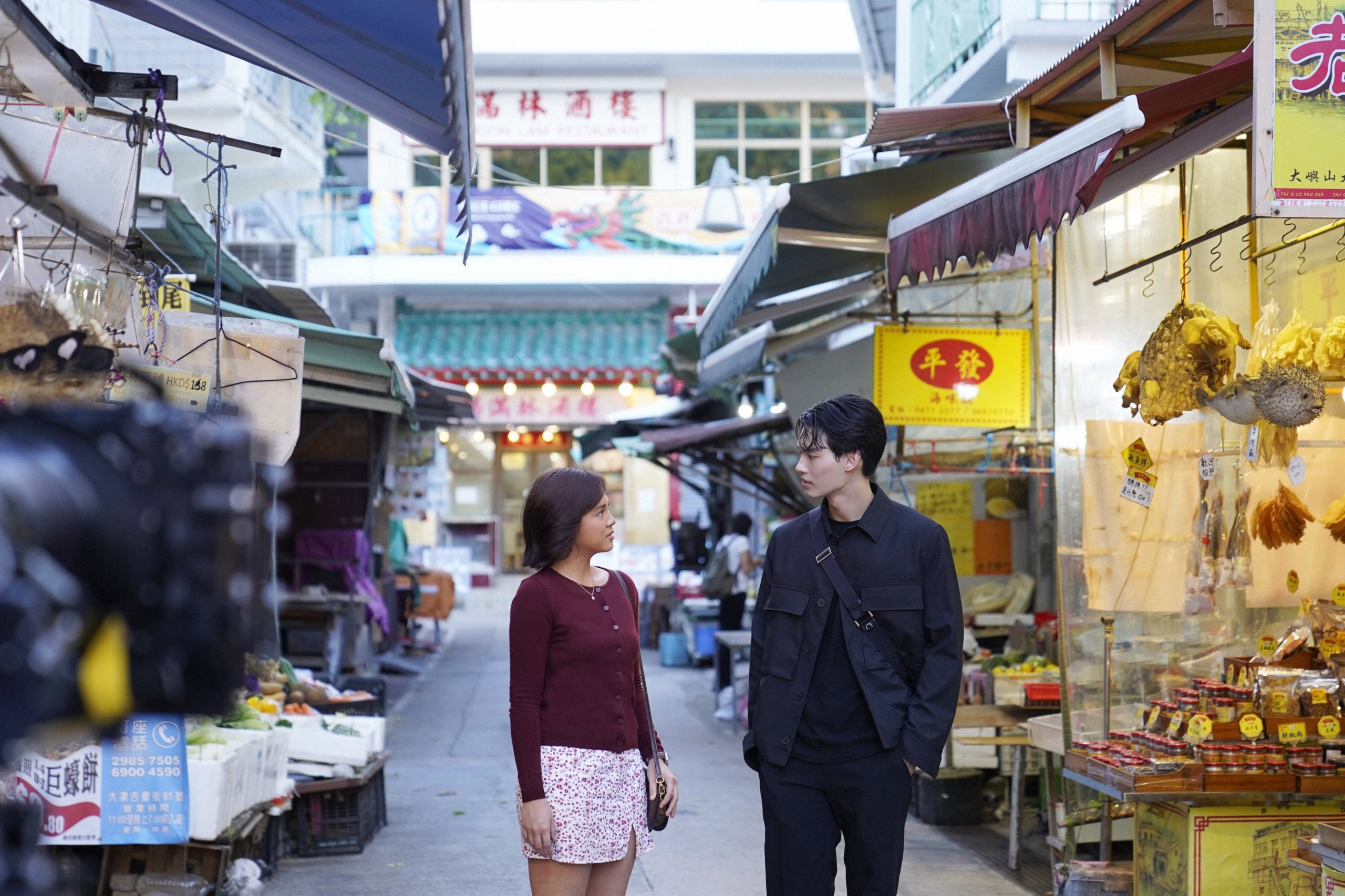
Singapore is synonymous with good food. Recently, celebrity chef Anthony Bourdain told his international audience of foodie fans: “If you love food, this might be the best place on Earth.”
With its culinary culture well established, it seemed logical to Daniel Tan to showcase Singapore through cuisine. Tan established Food Playground, a local cookery school that specialises in the preparation of classic Singaporean dishes, a little over a year ago.
“I spent a year travelling through Asia on my motorcycle,” says Tan, a veteran of the travel trade, whose résumé includes stints with the Ascott Group and Pan Pacific Hotels. “Everywhere I went, I booked up for cooking classes and realised that it was the best way to get to know a culture.”
Among Singapore’s myriad of hotels, restaurants, cafés and cooking spots, there are a number of cooking schools. Tan explains, though, that many of these establishments are designed for locals keen to master French, Italian and other international dishes. He says: “The local food in Singapore is cheap. People rarely cook it at home. Eating out is much more popular. Most people don’t want to learn to cook dishes that they can buy cheaply and are made to perfection.”

Even among the schools that do offer groups the chance to uncover the secrets of preparing the perfect chilli crab, chicken rice and other Singaporean classics, none have teachers with quite the same level of qualification as those at Food Playground.
“Our teachers are stay-at-home mothers and retirees, we don’t hire professional chefs,” says Tan. “There are a couple of reasons we chose to set it up like that. We wanted to create jobs for these women but, importantly, they can cook really well, especially local food. They cook for their families and they have their grandmother’s recipes. This is pure, local Singaporean food taught by the people who make it at home.”
Food Playground’s grassroots methodology goes beyond employing such matronly tutors, however. In contrast to the bombastic gleam of high-end hospitality kitchens, the classes take place in the very domestic setting of a heritage shophouse from the early 1900s in the Tanjong Pagar district of Singapore. Tan says: “The building itself is very interesting and we occupy the entire second floor. A lot of these old shophouses have been converted into offices, bars and restaurants. Back when it was originally built, the upper floor is where the family would live – above their businesses on the street level below.”
Comprising a large kitchen with individual workstations and a separate dining room, the historic environment supports Tan’s vision of what the experience should be – authentic and tangible. He says: “This is really a cultural exchange as much as a cookery class.”
Classes at Food Playground last around three hours, with morning, afternoon and mid-evening slots available. Groups will typically cook four dishes chosen from a menu of Singapore’s most famous dishes. The recipes include spring rolls, curry-based noodle dish laksa, chicken satay, kueh dadar – a brilliant-green rolled crêpe, and kway teow, stir-fried rice noodles in a sweet black satay sauce.
Group sizes can range from a minimum of eight people to a maximum of 24, with the cost of each lesson set at S$99 (US$77) per person. That price includes the raw ingredients and tuition for three dishes. Tan points out, however, that the school is extremely flexible. Limited only by time and budget, customised menus with a greater number of dishes can be devised.
Although the full experience requires a visit to the shophouse, Tan explains that Food Playground is also mobile. “We can provide offsite events and conference room-based classes are particularly popular. It’s easy to take induction cookers, blenders and other mobile cooking devices into a space, making it possible to set up a small kitchen,” he explains.
As a team-building exercise, the school can also introduce an element of competition into proceedings by pitting cooks against one another to see who can create the most mouthwatering dishes. Tan says: “To keep the judging neutral, the instructors judge all the dishes and the best cooks receive prizes.”
The winning team receives a framed photo of the group with their dishes and Food Playground additionally rewards outstanding participants with prizes of cooking equipment. “Our appliances are sponsored by Phillips and we are able to give away some of their cooking tools,” adds Tan.
Since last September, Food Playground has accommodated more than 60 corporate groups from a variety of industries. “There’s been a really wide range of sectors taking part – banking, tourism and media. But the best chefs seem to come from an engineering background – we think it’s because they’re a lot more organised and used to following a structure to achieve their objectives.”


